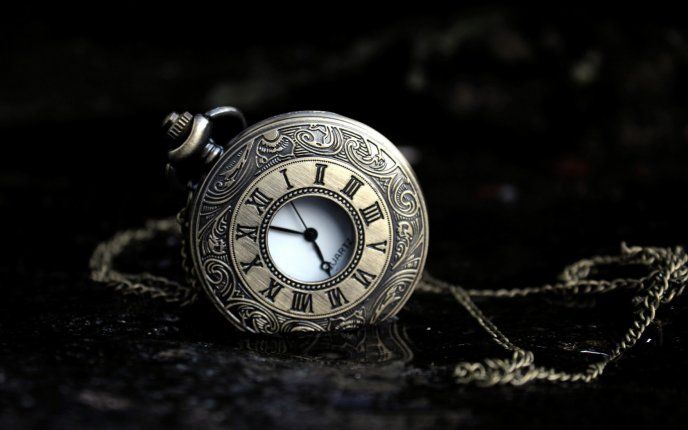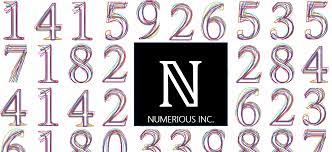A Timeless Journey – Unraveling the History of Watch

Founder of Watches
- Peter Henlein
Introduction
The concept of measuring time has been a fundamental aspect of human civilization, and the invention of the clock represents a pivotal moment in this ongoing quest for precision. The history of clocks is a fascinating journey that spans centuries, involving various cultures and ingenious inventors.
Early Timekeeping Devices
The earliest timekeeping devices were sundials and water clocks, utilized by ancient civilizations such as the Egyptians, Greeks, and Romans. However, these instruments had limitations, relying on factors like sunlight or the flow of water. The quest for a more accurate and portable timekeeping method persisted.
The Mechanical Clock Emerges
The mechanical clock, a significant leap forward in timekeeping technology, made its appearance in medieval Europe during the 14th century. Initially installed in church towers, these clocks struck bells to mark the passage of time. Notable advancements included the escapement mechanism, allowing for more precise regulation of the clock’s movement.
The Pendulum Clock Revolution
The 17th century witnessed a monumental breakthrough with the invention of the pendulum clock by Dutch scientist Christiaan Huygens in 1656. The pendulum’s regular oscillation greatly improved accuracy, setting the standard for precise timekeeping. This innovation laid the foundation for the development of more sophisticated and portable timepieces.
The Pocket Watch and Portable Timekeeping
The 16th century saw the emergence of the pocket watch, a compact and portable timekeeping device. Crafted with intricate designs and often serving as status symbols, pocket watches became popular among the elite. Swiss watchmakers, renowned for their craftsmanship, played a crucial role in advancing the art of horology.
The Industrial Revolution and Mass Production
The 19th century marked a significant shift in clock manufacturing with the advent of the Industrial Revolution. Machine-based production methods allowed for mass production of clocks, making them more accessible to the general public. This era also witnessed the rise of clockmakers and companies that would become household names.
The Quartz Revolution
The latter half of the 20th century brought another revolution with the introduction of quartz clocks. In 1927, Warren Marrison developed the first quartz clock, and the subsequent quartz movement proved to be exceptionally accurate. This technology led to the popularization of affordable and precise timekeeping devices, impacting the traditional mechanical clock industry.
The Digital Age and Beyond
With the advent of the digital age in the late 20th century, clocks transitioned from mechanical and analog forms to digital displays. The incorporation of quartz technology into wristwatches and various electronic devices further transformed the landscape of timekeeping.
Conclusion
The invention and evolution of clocks represent a remarkable journey through human history, showcasing our relentless pursuit of measuring time with increasing precision. From sundials to pocket watches, mechanical clocks to quartz timepieces, each innovation has left an indelible mark on the way we perceive and organize our lives. The ongoing advancements in horology continue to shape our relationship with time, connecting the ancient roots of timekeeping to the ever-evolving landscape of modern technology.
I always judge a man by his shoes and his watch.
“Tamer Hassan“








